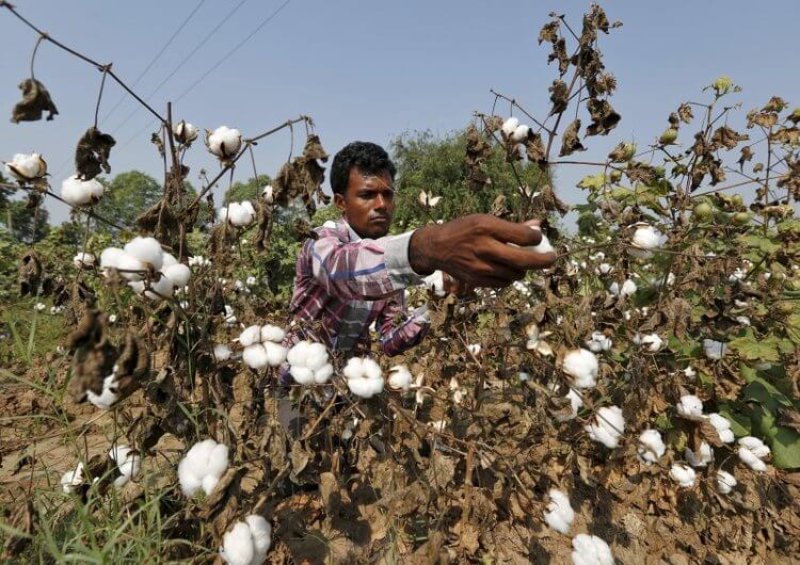Central to the criticism of genetically modified crops is the fear that weeds and pests may develop resistance ….
The fear is not irrational …. The development of pathogens resistant against the most potent antibiotics of last century – is another powerful example …. [S]uch outcomes are neither denied nor represent a failure of scientific community. In fact, any insistence to the contrary would be a negation of foundations of modern biology, and such half-baked ‘faith’ in biotech – no matter how sincere – has no leg to stand on in the face of evidence.
Does that mean biotechnology – particularly genetically engineered seed technology – is unsafe and better avoided? No and no. Innovation rooted in science may be incomplete – after all, no scientist has worked out all possible genetic permutations and their phenotypic expressions – but informed policy choices can be made based on available knowledge and trade-offs of adopting the technology.
…
While stewardship can mean many things even within industry, one tangible practice now adopted all over the world proves that it can create a meaningful difference. By delaying pest adaptation/resistance development to seed technology, it mitigates loss of seed vigor, buying scientists’ time to innovate and counter the evolution of these pathogens by slowing it down.
Read full, original article: Stewardship through refuge-in-a-bag































